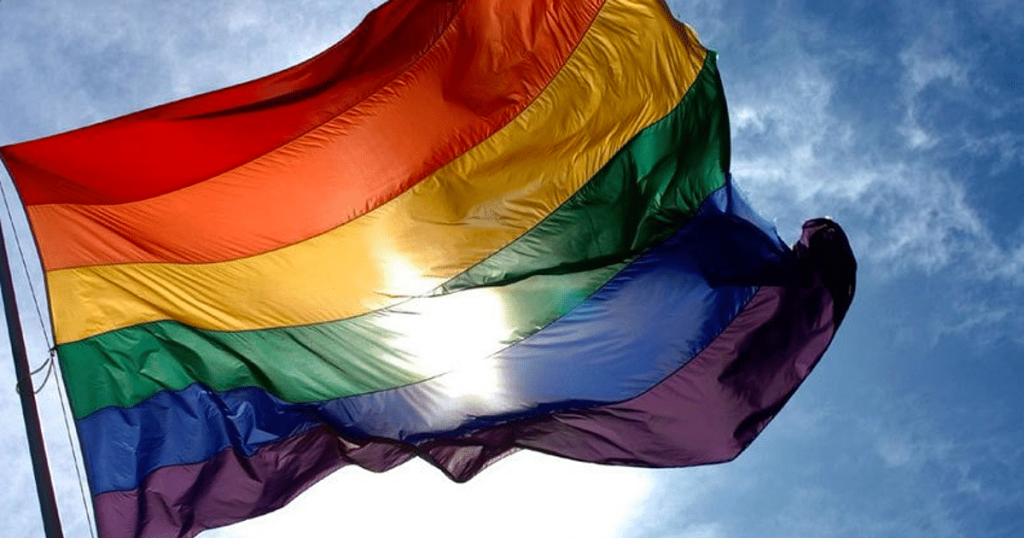Justice Kaul Broadly Agrees With CJI’s Judgment
Justice SK Kaul said he broadly agrees with CJI’s judgment.
-
Non-heterosexual unions are entitled to protection under the constitution.
-
The right to form unions is a right available to all under Articles 19 and 21.
-
Non-heterosexual unions and heterosexual unions should be considered two sides of the same coin–both in terms of union and in terms of the rights conferred.
-
There is a need for separate anti-discrimination laws.
Right To Enter A Union Can’t Be Restricted Based On Sexual Orientation: CJI
The right to enter into a union cannot be restricted basis a person’s sexual orientation, rules CJI Chandrachud.
Transgender, intersex persons have a right to marry under existing laws, he said.
Queerness A Natural Phenomenon Known Since Long: CJI
Queerness is a natural phenomenon known to the country since a long time, says CJI.
-
Marriage has attained significance since the state grants benefits to a married couple.
-
The constitution does not recognise the right to marry as a fundamental right. However, other aspects associated with marriage relate to various fundamental rights.
Governments Must Protect Queer Community: CJI
CJI Chandrachud directs governments to make sure that the queer community is not discriminated against
-
Ensure that treatments offered by doctors to such communities such as hormonal therapy are stopped.
-
Government under the mental health act must make guidelines for the mental health of queer community.
-
When a police complaint is filed that a couple is queer, they shall conduct a preliminary enquiry.
-
If a person is an adult and is in an consensual relationship. The investigation must stand closed.
-
No person should be forced to undergo hormonal therapy or sterilisation.
Good Or Bad Parenting Not Linked To Parents’ Sexuality: CJI
The law cannot make an assumption on good or bad parenting on the basis of parents’ sexuality, says CJI.
-
Placing a child in a stable family is in the interest of the child.
-
Merely because a marriage is regulated by law, it cannot be inferred that law grants stability to the marriage.
-
There is no single form of a stable household. There is no merit in the claim that only a heterosexual couple can foster a stable household.
-
Since the state has not conferred adoption rights on homosexual couples, this reinforces the disadvantage faced by the queer community.
-
An adopted child is the legitimate child of the adopting couple. All the benefits available to an adopted child of a married couple will also be available to an adopted child of an unmarried couple.
Right To Choose Life Partner Grounded In Right To Life: CJI
CJI Chandrachud said humans are unique in many aspects. “Our ability to feel love for one another makes us human.”
-
We have an innate need to be seen. As humans we seek companionship. These relationships can take many forms.
-
These relationships that nurture us are important.
-
The right to choose a partner is grounded in Art 19(1)e.
-
Life partners live together, merge their families, support one and another, etc.
-
Therefore, right to choose a life partner is also grounded in Art 21–Right to Life
Separation Of Powers Does Not Bar Judicial Review: CJI
Chief Justice Of India DY Chandrachud, in one of the four judgments in the case, said he has dealt with the issue of judicial review and separation of powers.
“The doctrine of separation of powers means that each of the three organs of the State perform distinct functions. No branch can function any others’ function. The Union of India suggested that this court would violate the doctrine of separation of powers if it determines the list. However, the doctrine of separation of powers does not bar the power of judicial review,” the CJI said. “The Constitution demands that this court protect the fundamental rights of citizens. The doctrine of separation of powers does not come in the way of this court issuing directions for the protection of fundamental rights.”
The CJI, however, said if this court reads words into the Special Marriage Act and other personal laws, it would be equal to redrafting the laws. Whether a change should be brought into the Special Marriage Act, is the domain of the legislature, he said.
The Supreme Court on Tuesday delivered four judgements in the same-sex marriage. Chief Justice Of India DY Chandrachud began delivering his ruling first.
In April 2023, the top court admitted various petitions seeking legal validation of same-sex marriages.
Several prominent lawyers, such as Abhishek Manu Singhvi, Menaka Guruswamy, Arundhati Katju and Mukul Rohatgi, argued in favour of legalisation, whereas Kapil Sibal, Tushar Mehta and Rakesh Dwivedi argued against it.
In a hearing that spanned across 10 days, the court pondered over various issues, both for and against the legal validation of such marriages.
Arguments in favour of legalisation ranged from the right to marry for non-heterosexual couples being implicit in the Constitution of India to pushing the court to bring about an active change in the law, claiming that society cannot keep waiting for the legislature to act upon it.
In contrast, arguments against legalisation focused on the fact that there would be a complete overhaul of various legislation in the country if same-sex marriages were to be legalised, and the power to do so rests exclusively with the parliament.
It was also argued that lawmakers had never envisaged the issue of marriage between the same sexes in the Special Marriages Act, and any judicial attempt to alter the intent of the Act would be rendered nugatory.
. Read more on Law & Policy by BloombergQuint.
